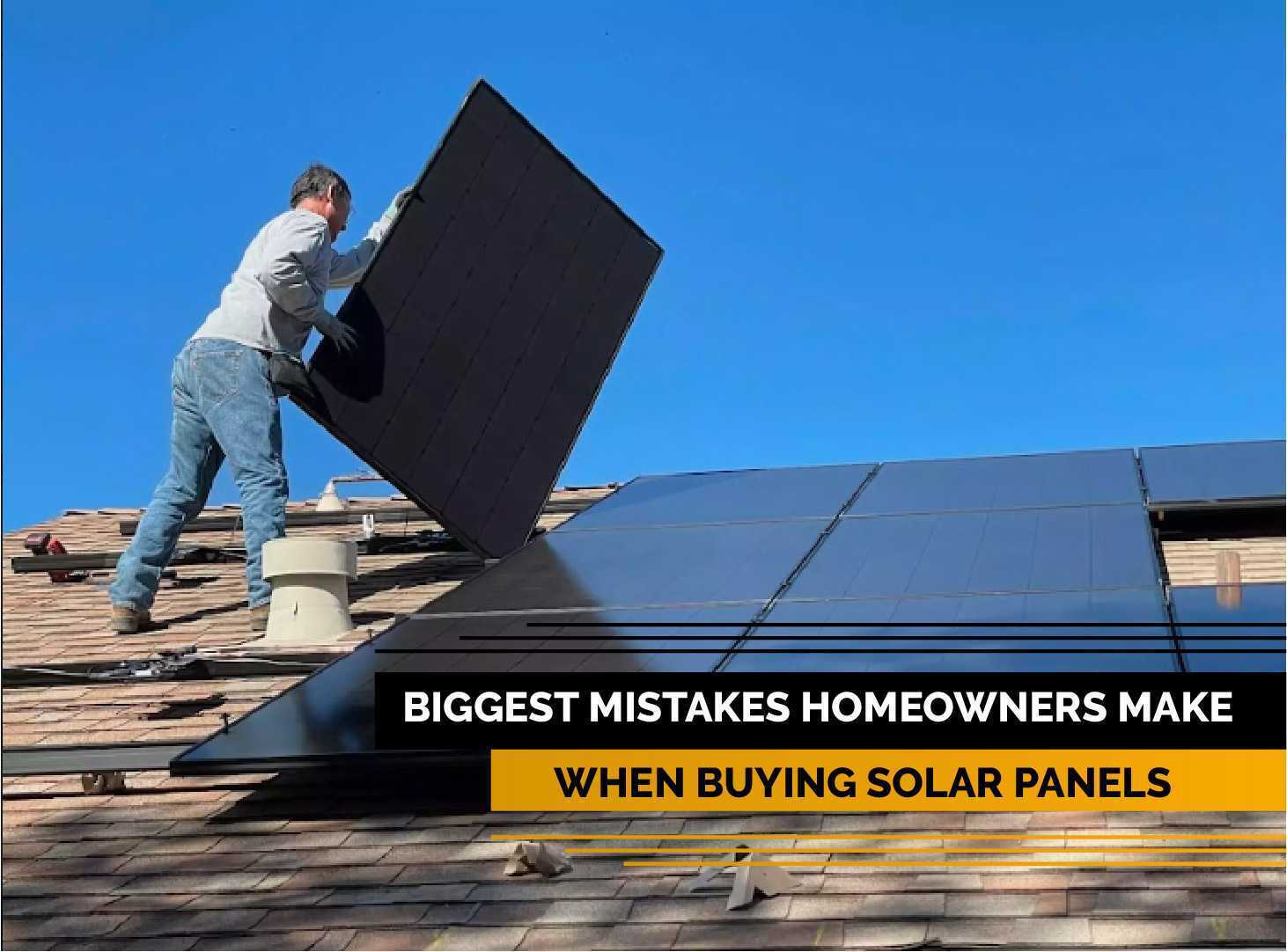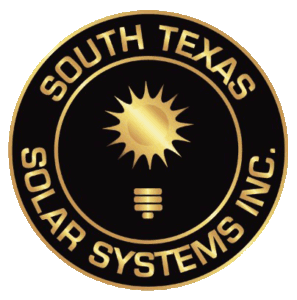
Having your own sustainable energy source is a great way to contribute to helping the environment.
Not to mention cut down on your utility costs. And getting residential solar panels for your home is an excellent idea in many ways. However, it’s all too common for people to forget to account for how complex the process of installing them can be. There are inevitable common mistakes homeowners make when buying solar panels that you should try to avoid. Let’s go through a short list of the most common ones.
Not checking local regulations
You need to get in touch with local state offices and check all the regulations that have been put in place about installing solar panels. One of the most common mistakes homeowners make when buying solar panels is to assume they can just start working on the project immediately. Most states will require you to secure several permits and similar documents before you start doing anything.
If you skip this step, you may find yourself in a lot of trouble. You might even be forced to stop construction and take everything down until you get the necessary papers. This is a colossal waste of time, money, and resources.
Besides the permits and regulations during construction, most states also have laws about maintaining your panels. Being thoroughly informed about all the local laws concerning solar panel maintenance is very important. It’ll help you avoid wasting money on fines and penalties.
Not planning things out in detail
Another thing you have to do before you start any installation project is come up with a detailed plan and budget. One of the worst mistakes you could make when buying and installing solar panels is thinking that you can just wing it. You have to carefully plan out every part of the process. And you should do your best to avoid unexpected costs by having a thorough budget plan.
An example of something you must consider in your plan is whether you will live in the home during installation. On the other hand, when it comes to proper budgeting, you have to consider every little expense. For example, you have to consider whether you’ll be using a self-storage unit during construction to protect any valuables or items you were keeping in your attic. Experts from PortaBox Storage advise you to be very thorough with this. You should consider whether it’s better to rent short-term or save some money by signing a six-month contract. You should also carefully consider what size unit you need and its location.
Not studying up on solar loan programs
Let’s be honest. Installing solar panels is expensive. The price will vary depending on certain factors such as size, capacity, hardware, and labor fees. However, even if you save on every one of these, the average solar panel installation cost is around $20,000. This is why you need to look into the available solar loan programs. It’s very common for homeowners to make the mistake of disregarding these or not even checking whether they exist. So, be sure to check local loan programs that can assist you in making this a more straightforward process.
Popular solar loan programs list
- Property Assessed Clean Energy or PACE – PACE financing funds are provided by the government. You can find a local authorized lender to help you finance your solar panel installation. You also shouldn’t be discouraged by the fact that these loans are government issued. Even without a fantastic credit score, there’s still a good chance a homeowner could get this kind of loan;
- The Power Purchase Agreement or PPA – Unlike PACE funding, PPA financing options are issued by third-party companies. In short, you technically won’t be owning the solar panels for a minimum of 25 years (some variations apply). During these years, you will be paying a fixed rate based on the amount of power the system can generate. After the lease term expires, you can purchase the system. This is an excellent option since almost anyone can get approved for this type of loan. However, it is a long-term commitment. So if you don’t plan on staying in that home for that long, you might want to consider other options;
- Other local government programs – Most governments have their local financial incentives. This is why it’s always a good idea to take time and study all your options.
Skipping roof strength inspections
Solar panels are cumbersome. One of the most common mistakes homeowners make when buying solar panels is simply assuming that their roof can support them. Before you start any construction, it’s essential to get in touch with a contractor and have them inspect your roof. This means checking for any noticeable damage and assessing its strength properly.
If you find out that your roof isn’t strong enough to support the additional weight of a few solar panels, you will have to update it first. The contractor you hired will tell you whether you must fully replace or just reinforce it.
Pro tip: If your roof is more than ten years old, chances are that you’ll have to replace it. So you should start thinking about how a roof replacement will fit your budget.
Not considering your consumption patterns
One of the biggest mistakes homeowners make when buying solar panels is buying a kit without having an idea of their consumption patterns. Energy requirements in most homes fluctuate throughout the year. Waiting another couple of months to purchase and install your solar panels so that you can follow and assess your energy consumption patterns will help you in two main ways.
Firstly, you’ll get a more comprehensive and correct quote from the solar panel installers you hire. This is because they already have the detailed information they need to help you decide exactly how many panels you should get. And secondly, it’ll help you anticipate your future needs and ensure you’re not underestimating the amount of power you will need long-term.
To conclude
Buying and installing solar panels is an investment. And if you want a positive ROI, you should do everything you can to avoid these common mistakes homeowners make when buying solar panels. You must accurately estimate your energy consumption requirements, plan everything out in detail, and ensure that you work with an excellent solar panel installer. If you do all of this, you’ll be able to avoid numerous expensive and wasteful mistakes.
